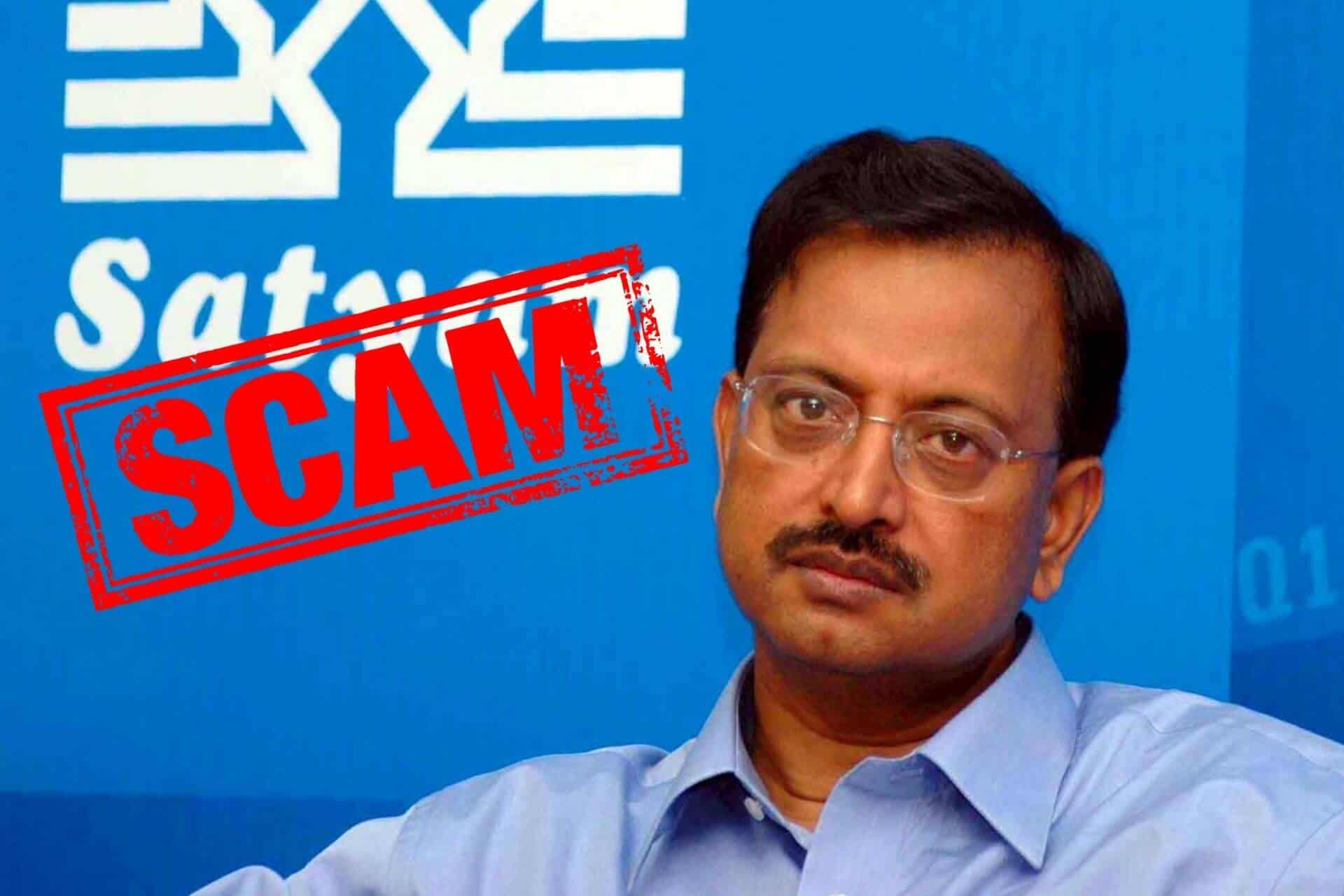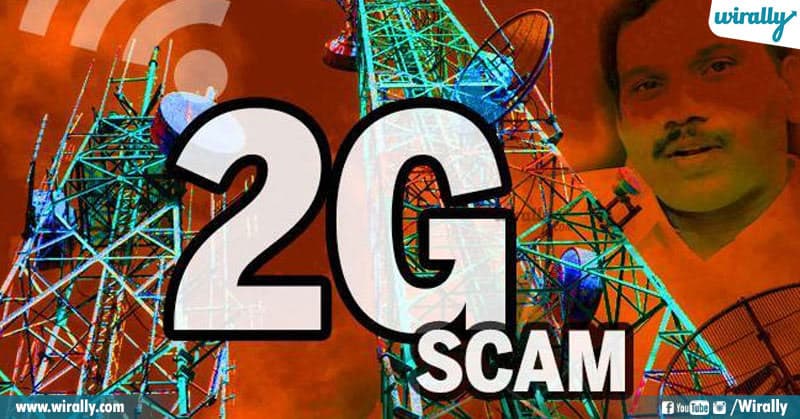Top 4 unimaginable Scam in India
Scams are unfortunate, but it's good to stay informed. As of my last knowledge update in January 2022, here are some notable scams that have occurred in India:
1. Satyam Scam (2009): One of the largest corporate scandals in India, where the founder and chairman of Satyam Computer Services, Ramalinga Raju, admitted to manipulating the company's accounts to the tune of over $1 billion.
- The Satyam scandal was a major corporate scandal in India that came to light in 2009. Satyam Computer Services, one of the largest IT companies in India, was involved in a massive financial fraud.
The founder and then-chairman of Satyam, Ramalinga Raju, confessed to manipulating the company's accounts to the tune of over $1 billion. He had inflated the company's profits and assets for several years, making it seem more profitable and stable than it actually was.
Raju's confession shocked the business community and raised questions about corporate governance and regulatory oversight in India. The scandal had a significant impact on Satyam's shareholders, employees, and the overall reputation of the Indian IT industry.
The Indian government intervened, and the company was eventually taken over by Tech Mahindra through a government-led auction. Raju and several others involved in the fraud were charged with various offenses, including cheating, forgery, and insider trading.
The Satyam scandal prompted a reevaluation of corporate governance practices in India, leading to increased scrutiny and regulatory reforms in the country's business sector.
2. 2G Spectrum Scam (2010): Involved irregularities in the allocation of 2G spectrum licenses, causing a significant loss to the government. A former Telecom Minister, A. Raja, was at the center of this controversy.
The 2G spectrum scam in India was a major corruption scandal that surfaced in 2010. It pertained to the allocation of 2G (second-generation) spectrum licenses for mobile networks and the associated spectrum bandwidth. The scandal involved irregularities and corruption in the allocation process, leading to significant financial losses for the government.
A. Raja, who was the Telecom Minister at the time, was accused of favoritism and manipulation in the allocation of 2G spectrum licenses. The licenses were allegedly sold at prices much lower than their market value through a flawed "first-come, first-served" policy.
The Comptroller and Auditor General (CAG) of India estimated that the underpricing of the spectrum resulted in a loss of about 1.76 trillion Indian rupees (approximately $26 billion) to the exchequer.
The 2G spectrum scam had widespread repercussions, leading to investigations, legal proceedings, and political fallout. A Joint Parliamentary Committee (JPC) was formed to probe the matter. Subsequently, A. Raja and several other prominent figures, including corporate executives, were arrested and faced charges related to corruption and criminal conspiracy.
In 2017, the special CBI (Central Bureau of Investigation) court acquitted all the accused, citing a lack of concrete evidence. The verdict was controversial, and some criticized it for not effectively addressing the alleged corruption and financial losses associated with the 2G spectrum allocation.
The 2G spectrum scam played a significant role in shaping public opinion on corruption in India and prompted calls for increased transparency and reforms in the allocation of valuable resources like spectrum licenses.
3. Commonwealth Games Scam (2010): Allegations of corruption and financial mismanagement related to the organization of the 2010 Commonwealth Games in Delhi.
4. Coal Allocation Scam (2012): The Comptroller and Auditor General (CAG) of India reported irregularities in the allocation of coal blocks, suggesting that the government's policies led to a loss of significant revenue.
- The coal allocation scam in India, also know The controversy revolved around the process of allocating coal blocks without a transparent and competitive bidding process. Instead of auctioning the coal blocks to the highest bidder, they were allocated based on recommendations and decisions made by a screening committee.
- as "Coalgate," was a major political and financial scandal that emerged in 2012. The scam pertained to irregularities in the allocation of coal blocks to private companies by the government. These coal blocks were meant for captive use, primarily by companies operating in the power, steel, and cement sectors.



Comments
Post a Comment